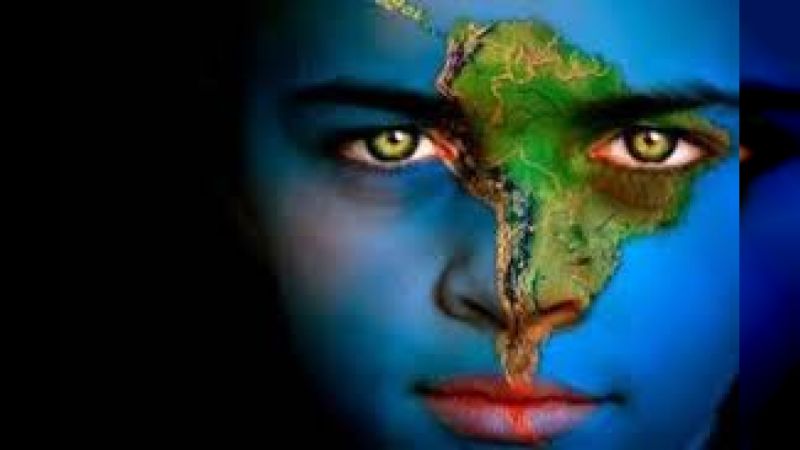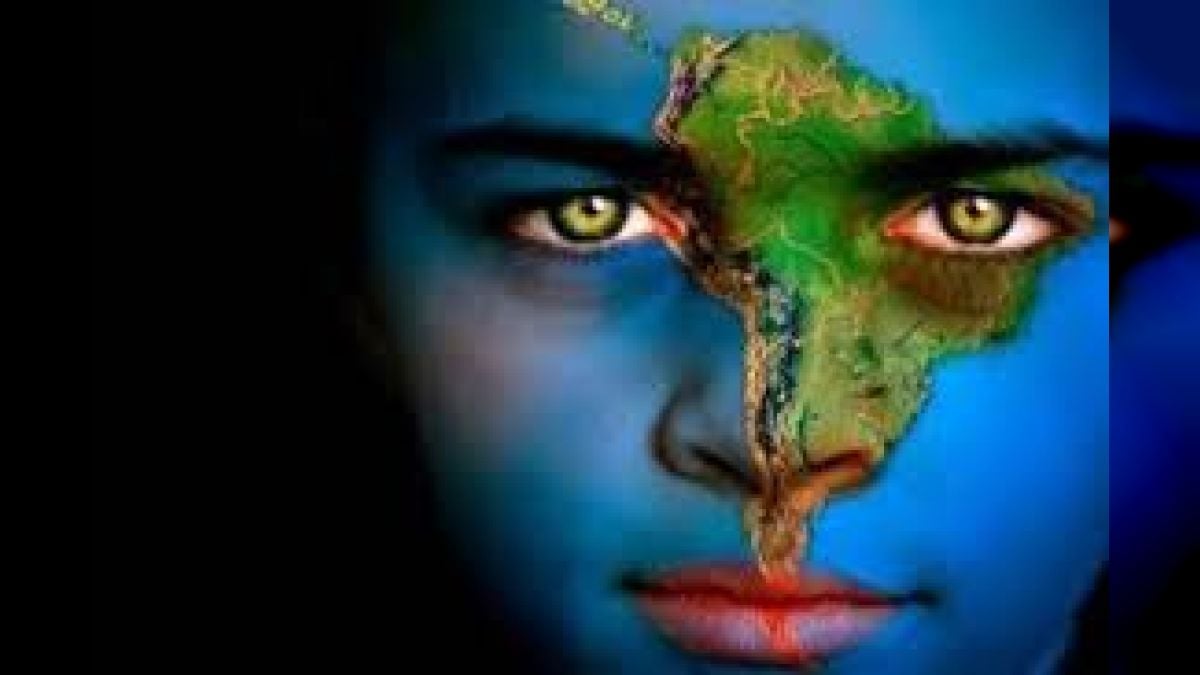What is the Homeland?


For us, Homeland is America. Simón Bolívar

Published at: 13/12/2024 06:24 PM
“For us, the
Homeland is America”, based on that phrase of the Liberator Simon Bolivar, who understood the continent as the Great Homeland and that
for this reason, we must be united.
From a conceptual perspective, the Dictionary of the Royal Spanish Academy describes the Homeland as: “Place, city or country where one was born, the Homeland is the native or adopted land ordered as a nation, to which the human being feels linked by legal, historical and emotional ties”.
This dictionary adds the meaning “is the concept that refers to the “native or adopted land ordered as a nation, to which the human being feels linked by legal, historical and emotional ties. The feeling of love for the Fatherland is known as patriotism.”
Origin
of the word Homeland
The word Patria comes from the concept terra patria (land of the fathers) and in
turn, the term comes from the Latin word pater,
which means father. As explained by the professor of political theory at Princeton University , Maurizio Viroli, in his 2019 work called An Essay on the Differences
Between Patriotism and Nationalism, “this term had a sacred
connotation given that each person's homeland was the one where they were deposited
remains of their ancestors. What man considered
most precious was related to the idea of Homeland, because it contained his
property, his security, his laws, his faith, his God. Losing it meant
losing everything.”
Professor Viroli noted that “Patria is strongly linked to two fundamental concepts for preserving our nation: national identity and social cohesion. Without identity, nations would be left in shambles or would be engulfed in the waters of globalization.” He also said that “this feeling of love for the Fatherland is known as patriotism and is seen as a virtue in Western Christian society, from Ancient Rome to the present day”.
From the Department of Socio-Urban
Studies at the University
of Guadalajara , Mexico, researcher and doctor in History Gladys Lizama argues that, “physically, the Homeland is the place where all affective relationships are
born, lived and created and - why not - also
hatred and disaffection; at the same time it is the country in which the
individual and group identity”.
Lizama clarified that it is not the same thing as nation, although the concepts are usually used synonymously, since “I would say that it is a feeling of belonging to a space felt as its own, with certain landscapes, with symbolic codes understood and shared, with a common language, with a history that refers to the past and to the memory of what happened”.
The academic from the Department of Public Administration and Political
Science at the University of
Concepción, Jeanne Simon,
agrees with her, stating that “the Homeland expresses the feeling that unites us as
individuals in a whole” and adding that this concept is used to
refer to the country or territory with which we identify ourselves.
In Spain, the writer Pedro Rodríguez de Campomanes captured the change in his Memoirs
of the Matritense in 1780, stating that “politics considers man as a united citizen in society with all those who make up his own State, homeland or nation”.
So did Juan Bautista Pablo Forner, in his essay Love of the Fatherland in 1794,
where he explained that a person's love for his country involved “loving his
own happiness in the happiness of that portion of men with whom he
lives, with whom he communicates, with those who bind him to the same laws, the same customs, the
same interests and a bond of mutual dependence, without
which he would not be able to exist”.
Professor Juan Eduardo Mendoza, Doctor
in American Studies at the University of Santiago
de Chile, described the Homeland in this way: “It's a feeling of belonging. A person can feel many
places or countries as their Homeland. It's not an objective concept, it's the place that's familiar to
us, it's something very subjective, it has to do with memories,
aromas and noises.”
As described by Edward Said in The Question of Palestine, it is a place longed for by people living in displacement: “The Homeland is the collective expression of citizenship. In the Americas, where citizenship is ius soli (land right), we associate the Homeland with the homeland. In Europe, where citizenship is ius sanguinis (right of blood), the Fatherland depends on family ancestry. At the same time, for displaced people, even though they live and are born in another country, their Homeland remains the country of origin of their family.”
Homeland is a feeling of belonging
Professor Alfonso López Araujo, in his book The
Validity of the Great Homeland by Simón Bolívar, recalled that Latin America
still has an economic and social agenda to be resolved, because in past
decades, financial crises and foreign debt were the factors
that, responding to interests outside the region, in a perverse way, caused their countries to face moments
difficult, which until
now require hard work to amend these situations and
focus on a new direction to achieve well-being. Of course, since
Latin America is, one of the potentially richest regions on the planet, it is
a paradox why such problems persist.
The preservation of the
Homeland involves achieving Latin American integration, which is a necessity and
an essential objective for the sovereignty of our Peoples. Hence the
insistence on unity proposed by Bolívar,
at the time, then Chávez and now Nicolás Maduro, the unity of the Peoples is the only guarantee for having a Homeland, and in our country we will always do what is necessary to achieve
it, in addition to maintaining it.
AMELYREN BASABE/Mazo News Team